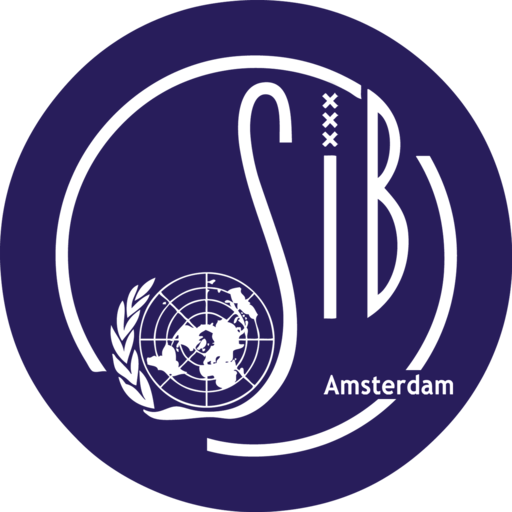Masterclass: 40 years of Revolution in Iran
On the 4th of March, we had a masterclass on the Islamic Republic of Iran. The speaker during this event was a freelance photographer, journalist, and Iran expert Reinier Zoutendijk. Interestingly, Mr. Zoutendijk visited our events during his student time. For this masterclass, he sought to answer three questions: (1) “why is it important to study Iran and the Iran-deal in its broader context?”, (2) “what is the impact of the US withdrawing from this deal?”, and (3) “how has this influenced Iran’s international reputation?”.Mr. Zoutendijk started the evening with a very short history of Iran. Before the Islamic Revolution, Iran was ruled by a monarch (the Shah) from 1953 until 1979. During this period, the monarchy saw a period of industrialization and centralization of power. In sum, the Shah had eliminated almost every part of society. Before 1953, the country was ruled by a Prime Minister. This was Mossadegh and he got ousted in a coup by the British and the Americans, who reinstalled the Shah. The reason for this coup by the Western powers was due to their dissatisfaction of the nationalization of the Iranian oil industry.The second topic was the security doctrine of Iran. Iran deploys the concept of “strategic loneliness” as it sees itself surrounded by enemies. During the Iran-Iraq War, all Arab countries except for Syria supported Saddam Hussein. However, Iraq lost and right now, Iran is repaying its dues to Bashar al-Assad in Syria. The overall strategy of Iran’s security doctrine is to maintain territorial integrity and sovereignty. But, Iran’s military capability is limited. Nevertheless, they have sufficient capabilities and, in addition, apply asymmetrical warfare to protect their borders. The missile program also belongs to these capabilities.This program together with the nuclear program of Iran was cause for concern for the West. The (Five) Permanent Members of the UN Security Council together with Germany and the EU negotiated a deal that was popularly known as the Iran Deal. It was supposed to regulate the nuclear program of Iran and reintegrate the country into the international community. When Trump became President, he unilaterally retreated from this international deal. But why?The deal, according to the International Agency for Atomic Energy, was followed to by Iran. The measurements to monitor and control the nuclear facilities of Iran are very high-tech that even include biometrical protection measures. In other words, it is almost impossible for Iran to not adhere to the deal without the IAEA knowing it. However, even though the deal was watertight, the US retreated from the Iran Deal due to its foreign policy of isolating Iran.The result was an economic crisis that heavily hit Iran. Nevertheless, according to Mr. Zoutendijk, it is not the economy that the Iranians worry about. The Iranians fear a crackdown by the government, especially when the moderate candidate and incumbent president Rouhani loses the upcoming elections.So what are the Europeans and the Chinese doing? They are busy with setting up a payment method that bypasses the almighty US dollar. Because that is just the problem for the Iranians to engage in international trade: international trade is often conducted in US dollars and the Americans hold tight control over the payments and transactions that are made in US dollars. Thus, by setting up a parallel network that allows for international trade to be done in Euros or barter-like trade, the Europeans and Chinese are trying to circumvent the American grip on Iran. However, this trade is limited to only food(stuffs) and medicine.In the end, the Iran Deal and political affairs surrounding Iran are very complex. There are many dimensions that all differ in importance and level of cooperation. The current status of the Iran Deal is not necessarily one that is a defeat. Nevertheless, without American support, the Europeans and Chinese are not able to do that much. America still dominates the world and Iran, sooner or later, has to find a way to integrate into the international community again.-- Mehmet Emre Demirkiran, member of the Committee Intellectual Activities

